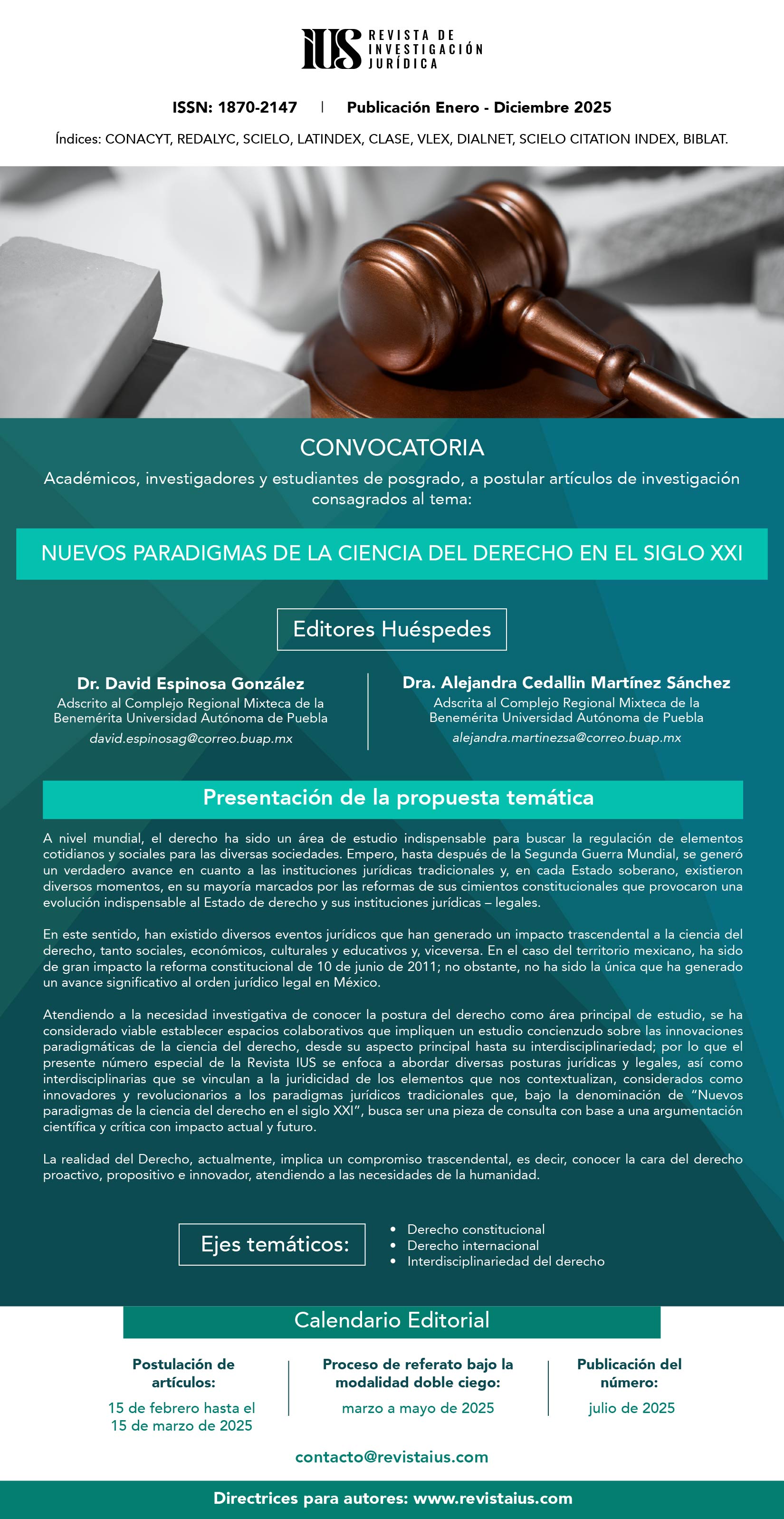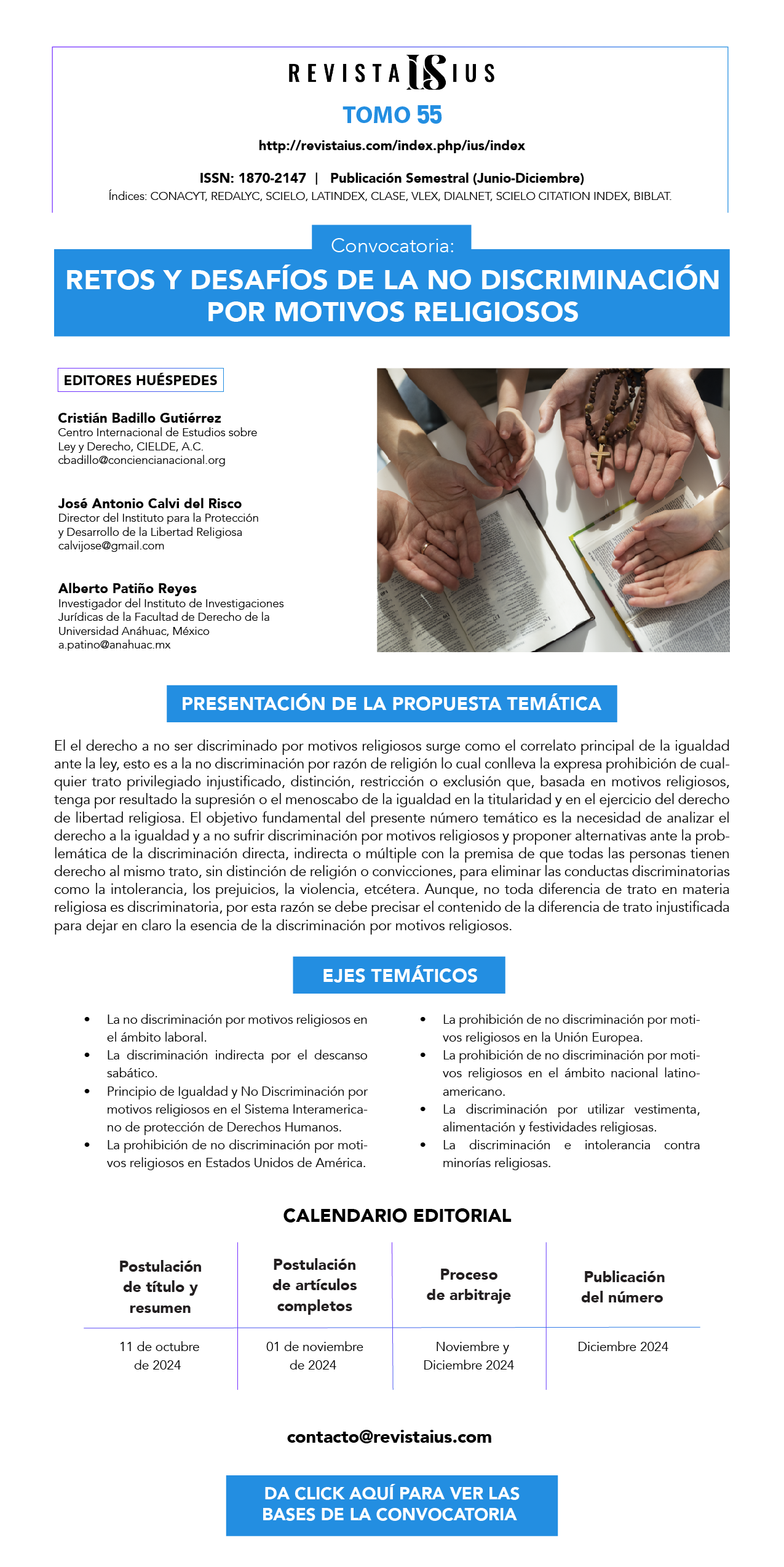Dos modos de entender la relación entre el derecho y la moral. El caso de la serie “Better Call Saul”
DOI:
https://doi.org/10.35487/rius.v16i50.2022.824Keywords:
Teoría del Derecho, Derecho y moral, Legalidad, Derecho modernoAbstract
El objetivo de este ensayo es reflexionar sobre la conexión entre Derecho y moral a propósito de la serie Better Call Saul! En ella se observan dos modelos de abogados que conciben el Derecho de manera opuesta. Partiendo de este supuesto, mediante el método de comparación y análisis crítico de estos dos modelos se observará que se deducen importantes consecuencias para el funcionamiento del Derecho, pues cada uno expone diferentes visiones sobre la relación entre el operador jurídico y el Derecho. En el fondo, lo que se discute es si acaso la conexión entre Derecho y (la formación) moral afecta algunos de los postulados y principios más básicos del Derecho moderno –a saber, el principio de legalidad y la fidelidad/respeto a la ley–, y, si es así, cómo los afecta.Downloads
Downloads
Published
Versions
- 2022-11-10 (3)
- 2022-11-10 (2)
- 2022-06-20 (1)
Issue
Section
License
Copyright (c) 2022 REVISTA IUS (México)

This work is licensed under a Creative Commons Attribution-NonCommercial-ShareAlike 4.0 International License.
Revista IUS, published by the Legal Sciences Institute of Puebla A.C., is distributed under the Creative Commons Attribution-NonCommercial 4.0 International (CC BY-NC 4.0) license.
We authorize collaborators to upload a copy of their published work on their personal websites or any Open Access repository, provided that Revista IUS is specifically cited as the original source, indicating the year and issue of the respective example and adding the link to the webpage on which this publication can be freely consulted in toto and without charge: http://www.revistaius.com
Readers are free to:
Share, copy and redistribute the material via any medium or format.
The licensor cannot revoke these freedoms as long as you follow the license terms.
Under the following terms:
Attribution: You must give appropriate credit, provide a link to the license, and indicate if changes were made.
You may do so in any reasonable manner, but not in any way that suggests the licensor endorses you or your use.
NonCommercial – You may not use the material for commercial purposes.
If you remix, transform or build upon the licensed material, its distribution is not permitted.
Charges for managing articles: Revista IUS will not charge for receiving, processing or publishing articles (Article Processing Charge, or APC) submitted by authors.





